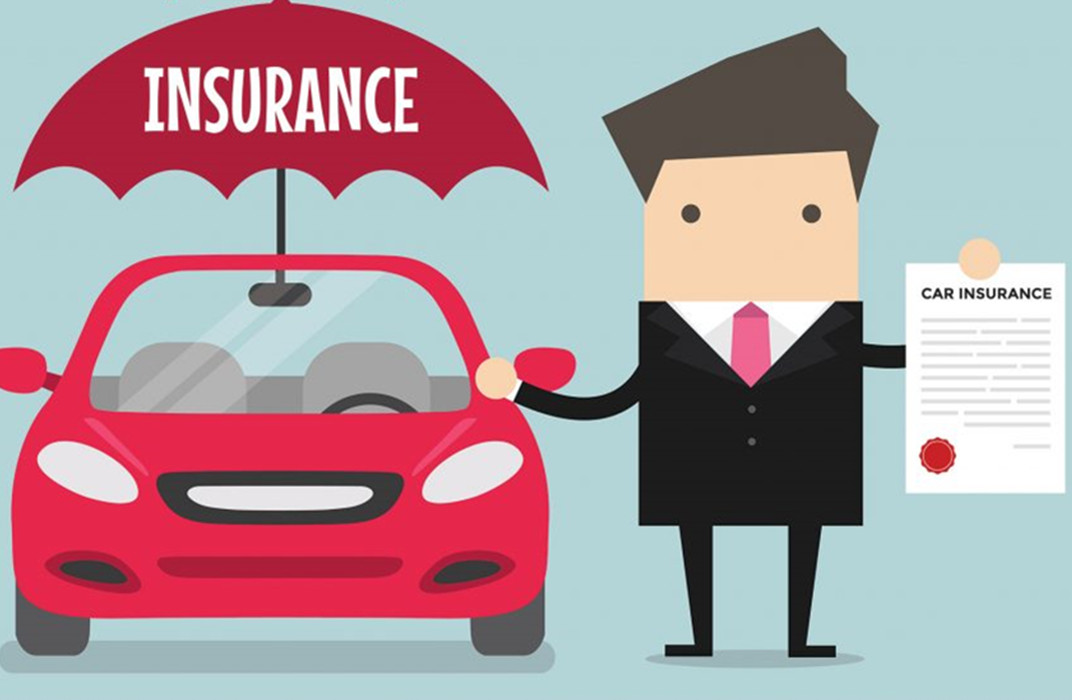If you have ever owned a car, then you are probably familiar with the costs associated with owning one. Car insurance is something that every single driver should also be aware of and appropriately prepared for. In fact, there are many factors that go into car insurance and choosing the correct policy can save you a lot of money in the long run.
In order to properly select the right policy for you, consider…
1. Your Driving Habits:
You need to know what kind of driving patterns you will have on a regular basis in order to know if you should be considering collision or comprehensive coverage. Although comprehensive coverage may sound expensive, it provides many benefits including protection from theft and damage from collision. In addition to that, it protects your car against vandalism and other factors that are outside of the scope of the policy itself.

2. Your Needs:
As a driver, your needs will vary depending on what you do and what you drive. If you only drive a car occasionally and buy it fairly inexpensively, then collision coverage will be of little use to you. However, if you are frequently renting cars or buying new vehicles, looking for insurance that can cover these occasions can save you money in the long run.
3. The Value Of Your Car:
The value of your car can also affect what type of insurance you get. In the case that you have expensive vehicles, you may want to invest in more insurance which is more comprehensive. On the other hand, if your vehicle is more low-tiered and affordable, it may be best to look at insurance that covers only collision and not comprehensive damage.
4. Deductibles:
Deductibles are essentially how much money you are willing to part with before your insurance kicks in. Having a higher deductible means that you will pay more out of pocket before your collision insurance can kick in. Although this may seem like a bad move at first glance, it is actually great for people who are in need of a cheap policy. If you have an expensive car, the price of collision coverage may seem like something that is not useful to you. You should instead consider lower deductibles or even opting out entirely because you do not necessarily need the coverage every time something bad happens to your vehicle.












